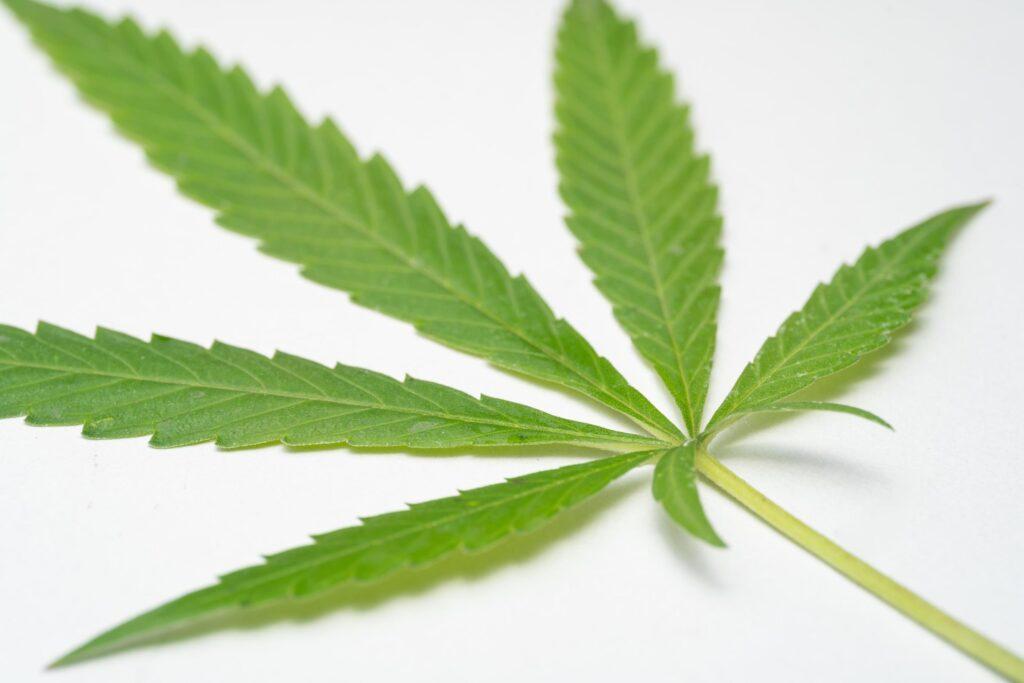Federal legislation in the United States House of Representatives designed to withhold funds from states and tribes that have legalized marijuana is essentially dead for this legislative session.

The Stop Pot Act was filed in September by Representative Chuck Edwards (R-NC), and it currently has four cosponsors (all Republican). The measure would withhold federal funding from states and tribes that have legalized recreational marijuana.
Specifically, if the measure was passed into law the federal government would withhold 10% of federal highway funds from states that violate the federal Controlled Substances Act (CSA). The CSA considers marijuana to be a schedule I drug, meaning any state that allows its legalization is in violation of federal law and thus would have funds withheld.
The measure currently sits in the House Subcommittee on Highways and Transit. A spokesperson for Rick Crawford, Chair of the committee, says the Stop Pot Act “will not receive committee consideration this year.”
Given that the measure will officially expire at the end of the year and there is no plan for committee consideration, the bill is effectively dead.
Although the measure was unlikely to be enacted into law with Democrats controlling the Senate and presidency, the fact that it couldn’t even make it out of its committee of origin in a Republican-controlled chamber is seen as a positive development for proponents of legalizing marijuana. Notably, no other anti-marijuana bill in the House has more sponsors than the Stop Pot Act.
On the opposite end of the marijuana legislative spectrum, a measure to fully deschedule marijuana and allow expungement of past offenses has 87 sponsors. In the Senate, a federal marijuana banking bill is sponsored by 36% of the entire chamber.
For a look at the four states with a legitimate shot to legalize marijuana this year, click here. For a breakdown of all 15 marijuana-related bills currently active in the United States Congress, click here.
Update: In a history decision the Biden Administration has announced that the DEA will reschedule marijuana, moving it to Schedule III. This will legalize it nationwide for prescription use. For more information, click here.




